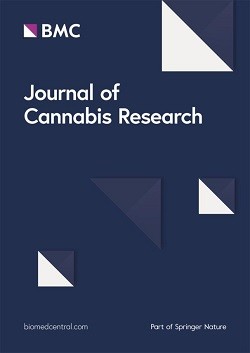Background: Cannabis consumption has rapidly increased in the United States due to more states legalizing non-medical and medical use. There is limited research, however, investigating whether cannabis may be associated with cognitive function, particularly across multiple dimensions of cannabis use.
Objective: The objective of this study was to examine whether cannabis consumption reason, frequency, and method are associated with subjective cognitive decline (SCD).
Methods: Data were obtained from 4,744 U.S. adults aged 45 and older in the 2021 Behavioral Risk Factor Surveillance System (BRFSS). SCD was a self-reported increase in confusion or memory loss in the past year. Odds of SCD by cannabis use reason, frequency, and methods (e.g., smoke, eat, vaporize) were examined using multiple logistic regression after imputing missing data, applying sampling weights, and adjusting for sociodemographic, health, and substance use covariates.
Results: Compared to non-users, non-medical cannabis use was significantly associated with 96% decreased odds of SCD (aOR=0.04, 95% CI=0.01-0.44, p<.01). Medical (aOR=0.46, 95% CI=0.06-3.61, p=.46) and dual medical and non-medical use (aOR=0.30, 95% CI=0.03-2.92, p=.30) were also associated with decreased odds of SCD, although not significant. Cannabis consumption frequency and method were not significantly associated with SCD.
Conclusion: The reason for cannabis use, but not frequency and method, is associated with SCD. Further research is needed to investigate the mechanisms that may contribute to the observed associations between non-medical cannabis use and decreased odds of SCD.




